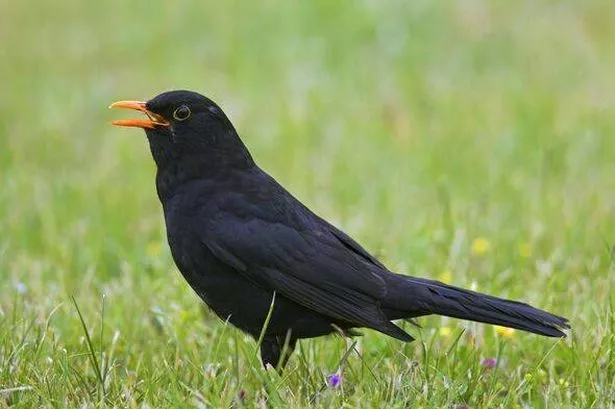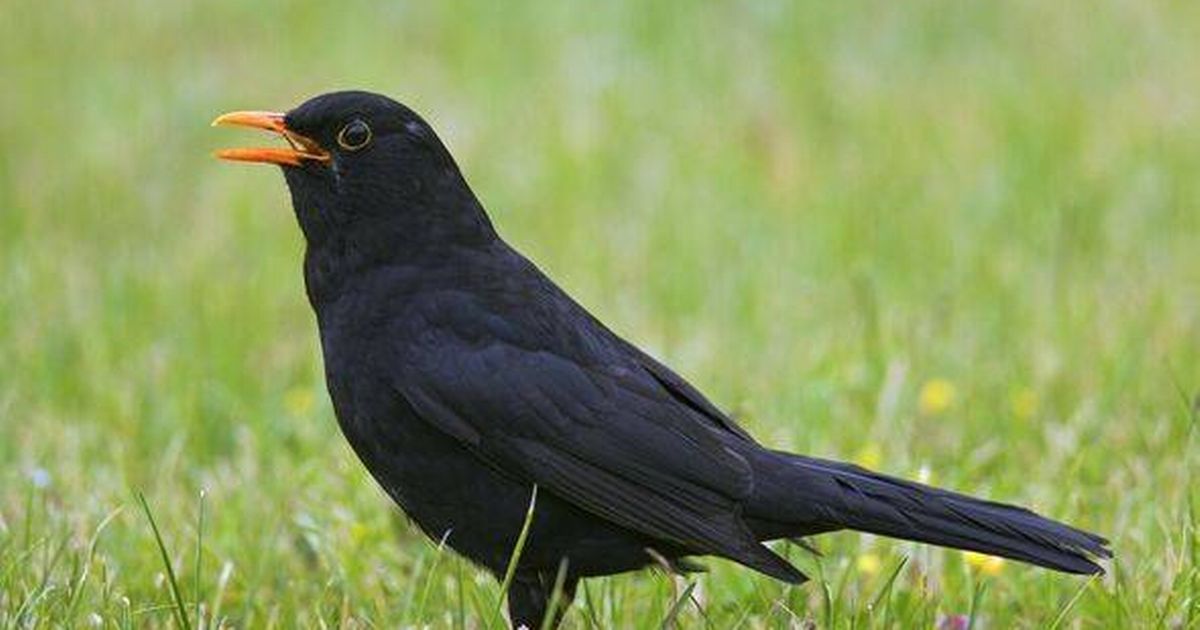Scientists are urging households to act
10:52, 16 May 2025Updated 07:26, 19 May 2025
 Blackbirds are a common sight in many gardens(Image: (Image: Getty))
Blackbirds are a common sight in many gardens(Image: (Image: Getty))
Scientists monitoring a mosquito-borne disease are calling on UK households to help. Anyone whose garden is frequented by blackbirds has been asked to participate in national research assessing the health of native bird populations.
The Usutu virus, which can be transmitted by infected mosquitoes to blackbirds, appears to be spreading rapidly in the UK and particularly in southern England. At the same time, some blackbird populations have been declining, raising concerns for the well-being of these beloved songbirds.
Scientists are closely monitoring the situation, as climate change may enable mosquitoes and the diseases they carry to expand their reach, reports Chronicle Live.
To better understand the impact of the Usutu virus on blackbird populations, scientists are encouraging people with blackbirds in their gardens to participate in a special counting system. Anyone wanting to sign up can do so here.
The British Trust for Ornithology explained: “The Blackbirds in Gardens project will help us understand how Blackbirds use gardens, and the potential effects of the Usutu virus on their population in the UK.
“If you have access to a garden, have an interest in garden birds and can recognise a Blackbird by sight, then this survey could be for you!” The survey, which has just launched, will run until September.
It asks people to record the number of blackbirds they see in a particular time frame, as well as specific behaviours scientists are interested in – including foraging for food or using a pond or puddle.
Participants are asked to work towards a target of one 15-minute survey per week throughout the survey period.
The project is part of the Vector-Borne RADAR initiative, a collaboration with the Animal and Plant Health Agency, the UK Health Security Agency, and the Zoological Society of London.
“We’ve seen that the virus has spread further than we thought it might do, and it’s persisted,” Dr Arran Folly from the Animal and Plant Health Agency (APHA) told the BBC.
The APHA experts, based in Weybridge, Surrey, have been monitoring mosquito-borne diseases in wild birds for years, amid rising fears that climate change is transforming Europe into a potential breeding ground for the insects.
This virus has spread globally and reached Europe three decades ago.
However in the UK, until 2020, all test results were negative. However, following the heatwave in the summer of that year, Usutu was detected in several blackbirds in Greater London.
“Blackbirds specifically are quite susceptible to the virus and since 2020 we’ve found a decline in blackbirds of approximately 40% in Greater London,” disclosed Dr Folly.
“It gives an indication that in the future we might get other viruses that are transmitted by mosquitoes emerging in the UK.”
Anyone wanting to sign up can do so here
